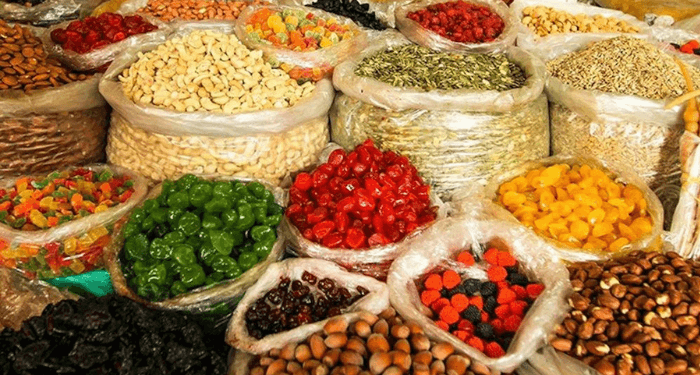Ghana Can Achieve Agric-Led Industrial Growth Through Policy, Process and Partnerships, Says Olam Agri CFO
Regional Chief Finance Officer for Olam Agri Ghana, Mr. Raghav Mandana, has underscored the need for Ghana to strengthen policy frameworks, institutional processes, and industry partnerships to fully harness agriculture’s potential as a driver of industrial transformation and currency stability.
Speaking at the 14th Ghana Economic Forum on the theme “Value Addition for Currency Stability: Transforming Agriculture into an Industrial Powerhouse,” Mr. Mandana said that while Ghana’s agriculture sector has shown positive intent and growing collaboration among stakeholders, persistent gaps in implementation continue to limit its full economic impact.
“For every step or project we take, there has to be intent, the right process, and only then can we achieve the right outcome,” he remarked. “At Olam Agri, having operated in Ghana for more than 30 years, we have seen the right intent, but there are still gaps within the processes that need fixing.”
He identified structural inefficiencies across multiple fronts, including weak policy execution, inadequate infrastructure, limited access to technology, and insufficiently tailored financial products as major constraints preventing the sector from achieving optimal value addition.
“Whether we import grains and other commodities we consume or export them without processing, there is a loss of value on both sides,” he noted. “That value loss stems from issues such as planning, technology, financing structures, and market access.”
Mr. Mandana further highlighted the shortage of skilled labour within the agro-industrial space as a barrier to sustainable growth. “Since some of these industries have not been growing, there is also a challenge in finding the right talent and skill sets to drive expansion,” he said.
Drawing parallels with successful models in sub-Saharan Africa, Southeast Asia, and South America, he argued that Ghana’s transformation is achievable through consistent policy direction and collaborative engagement between the government and private sector.
“We don’t need to look far. In our own region, countries have adopted effective regulatory frameworks that have enabled them to build strong agri-value chains. Ghana has the same potential if we align policy, process, and partnership,” he asserted.
Citing the poultry industry as an example, he recalled Ghana’s past self-sufficiency and export position, contrasting it with the current import dependence. “We used to export poultry decades ago, but today we rely heavily on imports. That shows how much ground we have lost, and how much we can regain through the right policies and coordination,” he said.
Mr. Mandana concluded by urging stronger collaboration between corporates, financial institutions, and policymakers to build an integrated agricultural ecosystem that promotes processing, job creation, and long-term currency stability.








